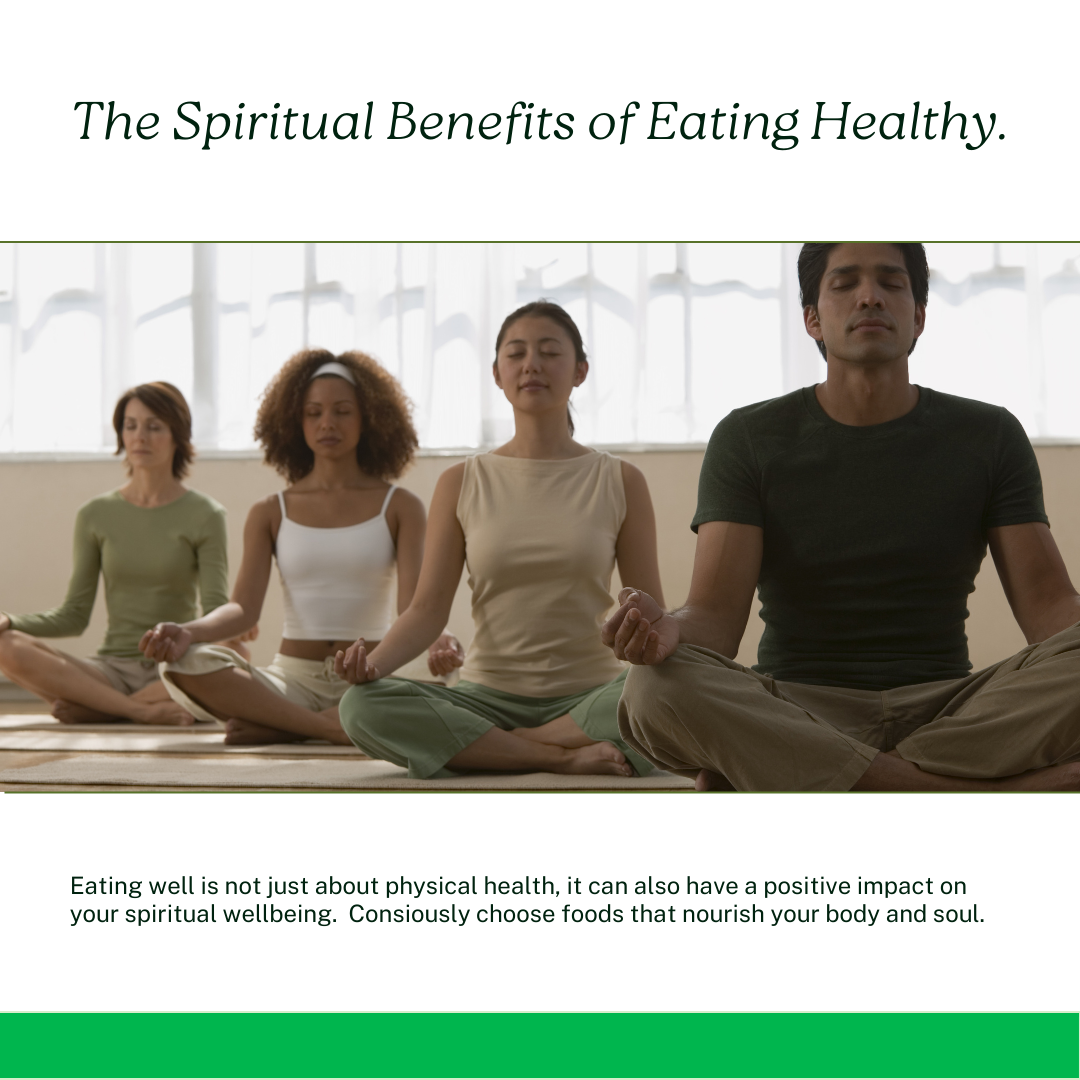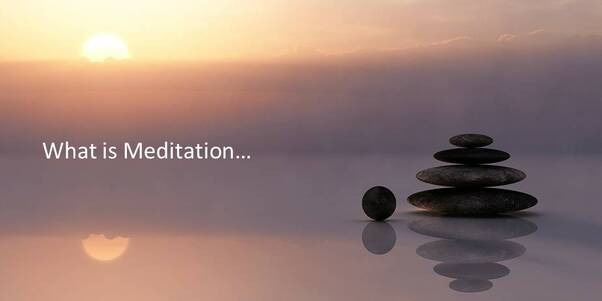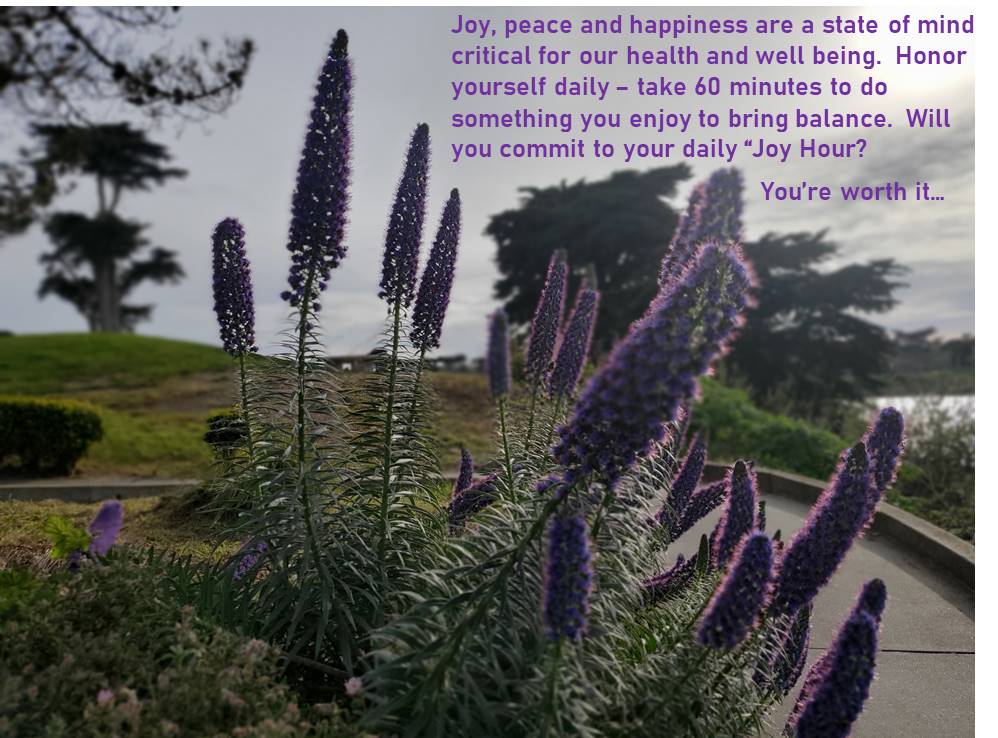 Eating for optimal well-being involves a balanced approach to nutrition that focuses on consuming a variety of foods that provide essential nutrients, support good health, and help maintain a healthy weight. Here are some key principles: 1. Balanced Diet: Aim for a diet that includes a variety of foods. This should include fruits and vegetables, whole grains, lean proteins, and healthy fats. The diversity in foods ensures you get a range of essential vitamins, minerals, and other nutrients. 2. Portion Control: Paying attention to portion sizes can help you avoid consuming too many calories and help in maintaining a healthy weight. 3. Limit Processed Foods: Try to limit the intake of processed and fast foods, which are often high in unhealthy fats, sugars, and salt. 4. Stay Hydrated: Drinking enough water is crucial for good health. It aids in digestion, and nutrient absorption, and helps maintain proper bodily functions. 5. Mindful Eating: This involves being aware of what and how much you eat. It encourages you to enjoy your food and understand the signals your body sends about hunger and fullness. 6. Healthy Fats: Incorporate sources of healthy fats like avocados, nuts, seeds, and olive oil, which are essential for heart health and can aid in the absorption of certain vitamins. 7. Moderate Sugar and Salt Intake: Reducing the amount of sugar and salt in your diet can lower your risk of certain health issues like heart disease and high blood pressure. 8. Regular Meals: Eating at regular intervals helps regulate your metabolism and can prevent overeating. 9. Fiber-Rich Foods: High-fiber foods like whole grains, fruits, vegetables, nuts, and seeds help keep the digestive system running smoothly. 10. Consideration of Dietary Restrictions and Allergies: Tailor your diet to accommodate any food allergies, intolerances, or other medical conditions. 11. Consultation with Professionals: For personalized advice, it's always a good idea to consult with a dietitian or a healthcare professional. Remember, what works best can vary significantly from person to person. It's about finding a balance that works for you and contributes to your overall health and well-being.
0 Comments
 The term Empath is used to describe a person who embodies Empathy. This person has an innate ability to understand, feel and live the experiences and feelings of others. Often times, these individuals have difficulty distinguishing and separating their emotions and feelings and even physical symptoms from other’s. Empaths feel the emotions and energy of animals, the environment and people in their surroundings. They have the ability to see the things (subtleties and nuisances) beyond what many can perceive. For those who master the ability, they can almost seem mystical to others. Most Empaths are natural healers. Once balanced and with training, they can even become intuitive readers, coaches and counselors. They just by being in a group or space absorb positive and negative energy. When in crowded or busy places, the sensitivity can seem magnified to the point of being almost unbearable. As Empaths filter the world through their intuition, they sometimes have a difficultly intellectualizing their feelings. Being around others can cause over-stimulation which is most often difficult to express. This can create irritability, extreme thirst and even tiredness. It can create an overwhelming sense and need for a nap or time of seclusion. Interestingly, needing alone time doesn’t necessarily mean they’re an introvert. Some Empaths also can be extroverts. Since an Empath feels so much, when they are too secluded they may need interaction with people to energize them. This works until it starts the cycle over again. If they stay too long and begin to absorb the energy, they then begin to carry the weight of everyone around and become overwhelmed. It is almost as if they are so conditioned to feeling some much around them that if they are away from it for too long, they are pushed to reengage for the stimulation. I like to describe it as being in the hot sun for so long you want air conditioning. This works until your body adjusts to the cool air. The process of adjusting is like the need for the stimulation. Then once you start becoming too cold, you turn the air conditioning down or off because you need a break from the cold. Once the interaction becomes too stimulating the Empath becomes overwhelmed and needs a break. Meditation, derived from the Latin word ‘meditatio’ meaning “to think, ponder, and contemplate”, is a conscious state of self-awareness, self-reflection, and self-expression. When I heard about meditation years ago, it was at a time I now call my "period of awakening." People would ask - Do you meditate? OR, how often do you meditate? I would say I try. I don’t really know how. I kept hearing how much it would benefit me so, in the late 1990’s, I got some books for tips. I kept putting it off because I was afraid “I wasn’t going to do it right.”
What I realized was I had been overthinking it. Imagine that – Isn’t that why meditation is so important – it’s about quieting the mind. No wonder it was constantly being suggested. I want to share what I’ve learned and tips on how to make it more effective for you.  This post is to present more clarity about mediation and the moon cycle. I was thinking about meditation as I'm in the process of releasing new and Full Moon meditations videos. During that process, it occurred to me some people are uncomfortable with moon meditations. Because of representations in movies and the moon’s connection to witchcraft rituals, people tread cautiously. This is understandable. I used to feel the same way until learned more about meditation. With anything, it is all about intentions. The moon has played a role in our lives since creation. Farmers use the moon to plant our crops and grow our food. In that vein, I can tell you personally, I have noticed a difference between planting according to and in rhythm with the moon cycles. Whether rooting them or planting them plants grow better when I plant according to the moon cycle. I conducted an experiment and noticed a stark difference when I plant in the New Moon as opposed to doing it after the Full Moon. Those planted after the Full Moon barely grew. As opposed to those planted in the New Moon phase. In fact, in one experiment I planted after the Full Moon and some in the next New Moon. The second batch outgrew those planted after the Full Moon. I believe the reason is that those planted after the Full Moon were out of the cycle. This applies to our ideas and intentions as well. I’ll explain more below. There are many scientific studies which document the way in which our bodies register and store ALL our emotions. Every emotion has a corresponding effect on our bodies. The body does not lie. It records and stores all our reactions, good or unpleasant. Worry can create physical conditions like ulcers, hair loss, and weight gain. JOY, however, supports the heart, boosts our immune system, helps reduce stress, counteracts pain, promotes a healthier lifestyle and can extend life expectancy.
|
WORLD ACCORDING TO KAREN...Almost two decades ago, I set out on a quest to uncover the true meaning and purpose of my life. This quest led me to establish daily habits and practices that enhance balance, clarity, vitality, and concentration. Visit My YouTube Channel:
NPower4Life Archives
November 2023
Categories |




 RSS Feed
RSS Feed